6 July 2025
Introduction
Education isn’t just about memorizing facts and acing tests—it’s about nurturing young minds to think independently, solve problems, and express themselves creatively. That’s where Montessori education shines. Unlike traditional schooling, which often emphasizes rote learning, Montessori encourages curiosity, exploration, and hands-on discovery.
But how exactly does Montessori spark creativity and critical thinking in children? Let’s dive deep into this revolutionary approach to education and uncover why it’s shaping some of the world’s most innovative thinkers. 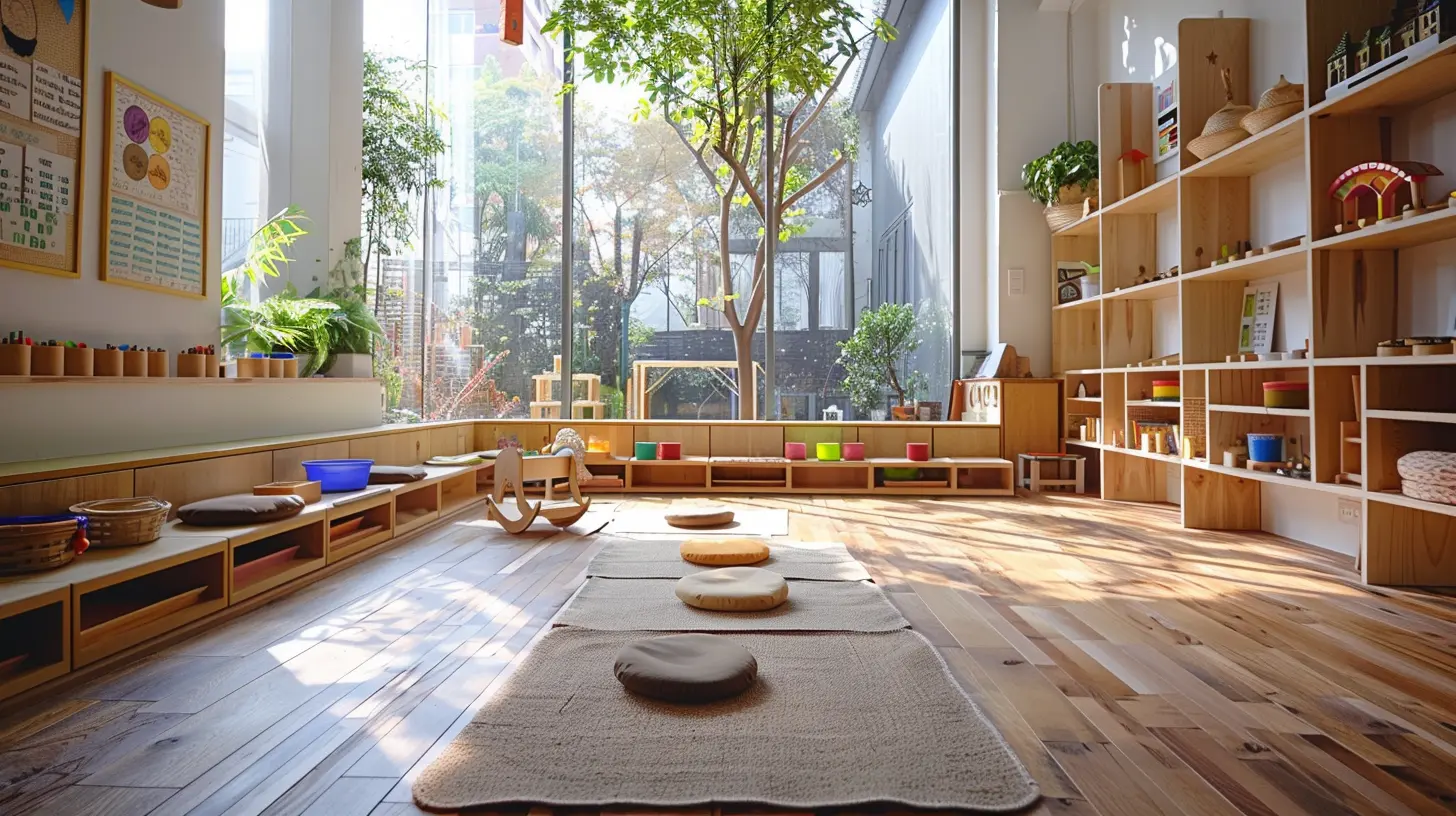
What is Montessori Education?
Before we get into the nitty-gritty, let’s clear up what Montessori education actually is. Developed by Dr. Maria Montessori in the early 1900s, this method is based on the idea that children learn best through self-directed activities, hands-on learning, and collaborative play.In a Montessori classroom, you won’t find rows of desks or a teacher lecturing at the front. Instead, you'll see children working at their own pace, choosing activities that interest them, and engaging in real-world problem-solving. The goal? To foster independence, creativity, and critical thinking—skills that go beyond the classroom and into life. 
How Montessori Encourages Creativity
1. Freedom to Explore
Imagine being handed a blank canvas and a set of colors with no step-by-step instructions—just the freedom to create whatever comes to mind. That’s exactly how Montessori fosters creativity.Kids aren’t confined by rigid lesson plans. Instead, they explore subjects and skills based on their interests. Whether it’s painting, building with blocks, or writing stories, they’re encouraged to think outside the box and express themselves freely.
2. Hands-On Learning Fuels Imagination
Montessori classrooms are filled with objects that invite curiosity—wooden puzzles, counting beads, nature-based materials. Instead of just reading about how plants grow, children plant seeds and watch them sprout. Instead of memorizing math formulas, they manipulate beads and rods. This hands-on approach stimulates their imagination, making learning a creative process rather than a mechanical one.3. No Fear of "Wrong Answers"
One of the biggest creativity killers? The fear of being wrong. Traditional schools often emphasize getting the right answer, which can make kids hesitant to take risks. Montessori flips that idea on its head.In a Montessori environment, mistakes are part of the learning process. Kids are encouraged to experiment, try new approaches, and learn from failures. When there’s no fear of getting "the wrong answer," creativity flourishes.
4. Unstructured Play Time
Structured lessons have their place, but too much rigidity can stifle creativity. That’s why Montessori emphasizes unstructured playtime, where kids create their own games, build imaginary worlds, and experiment without boundaries. This type of play is essential for developing creative thinking and problem-solving skills.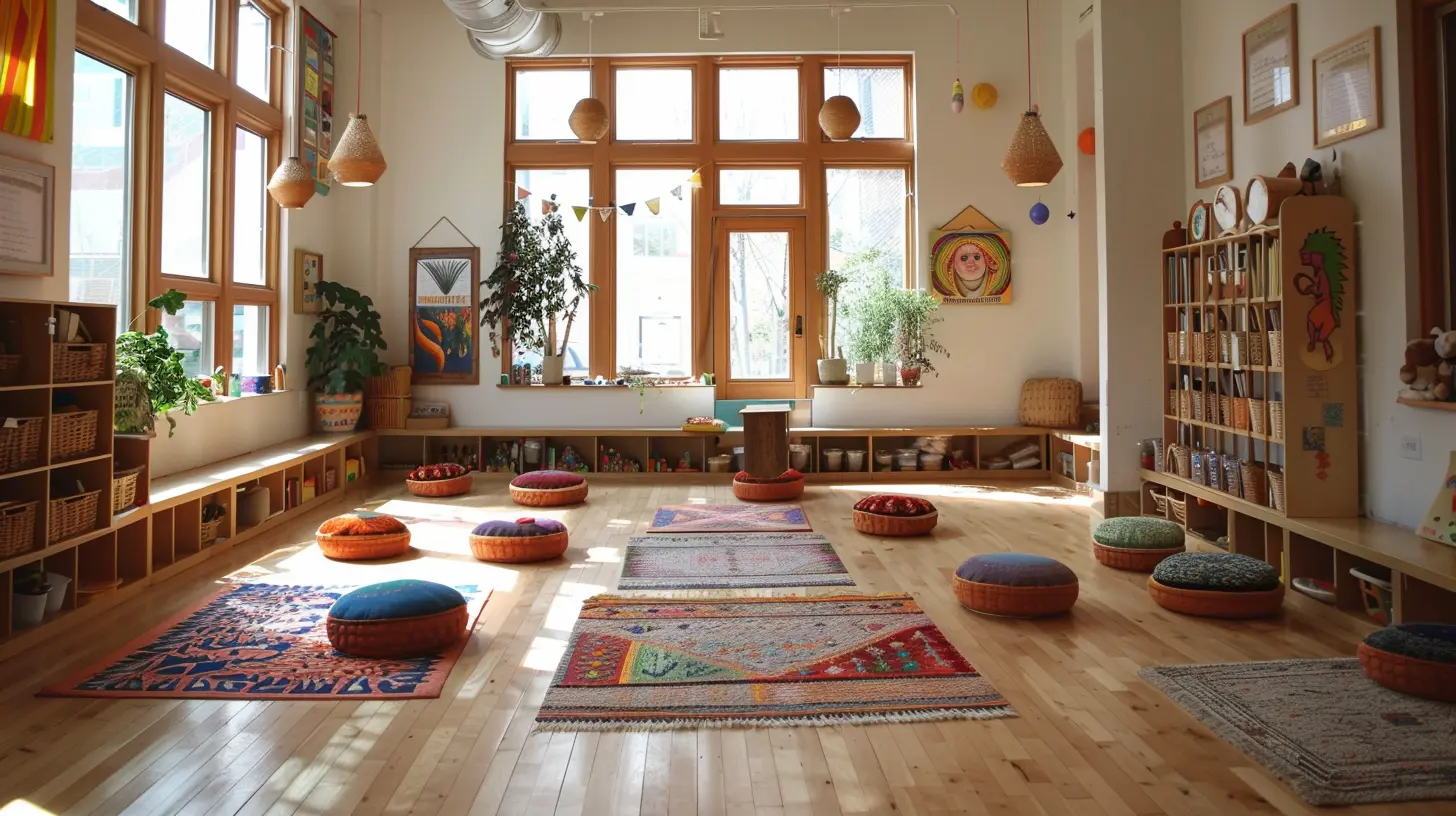
How Montessori Develops Critical Thinking
1. Encourages Independent Thinking
In traditional classrooms, students often rely on teachers to tell them what to do. In a Montessori setting, the opposite happens—children are encouraged to think for themselves.Rather than giving direct answers, Montessori teachers ask open-ended questions:
- "What do you think will happen next?"
- "How would you solve this problem?"
- "Why do you think that works?"
This approach pushes kids to analyze, reason, and come to their own conclusions—skills that are essential for critical thinking.
2. Problem-Solving Through Trial and Error
Montessori classrooms are designed to let kids figure things out on their own. Whether it’s balancing blocks in a tower or solving a math puzzle, they learn through trial and error.Instead of spoon-feeding answers, teachers observe and step in only when needed. This builds resilience, patience, and the ability to approach challenges with a problem-solving mindset.
3. Multi-Age Classrooms Promote Thinking Skills
One of the unique aspects of Montessori is the multi-age classroom setting. Younger children learn from older peers, while older kids reinforce their knowledge by teaching younger ones.This dynamic creates a continuous cycle of learning, communication, and critical thinking. Older students must break down concepts in a way their younger classmates can understand—an invaluable skill in both academic and real-world settings.
4. Encourages Deep Learning Over Memorization
Let’s be real—memorizing facts for a test doesn’t necessarily mean you understand the material. Montessori changes the game by encouraging deep learning rather than surface-level memorization.For example, instead of just memorizing multiplication tables, Montessori students might use bead chains to visually and physically grasp the concept of multiplication. This hands-on, exploratory method makes learning meaningful and cements understanding in ways traditional memorization never could. 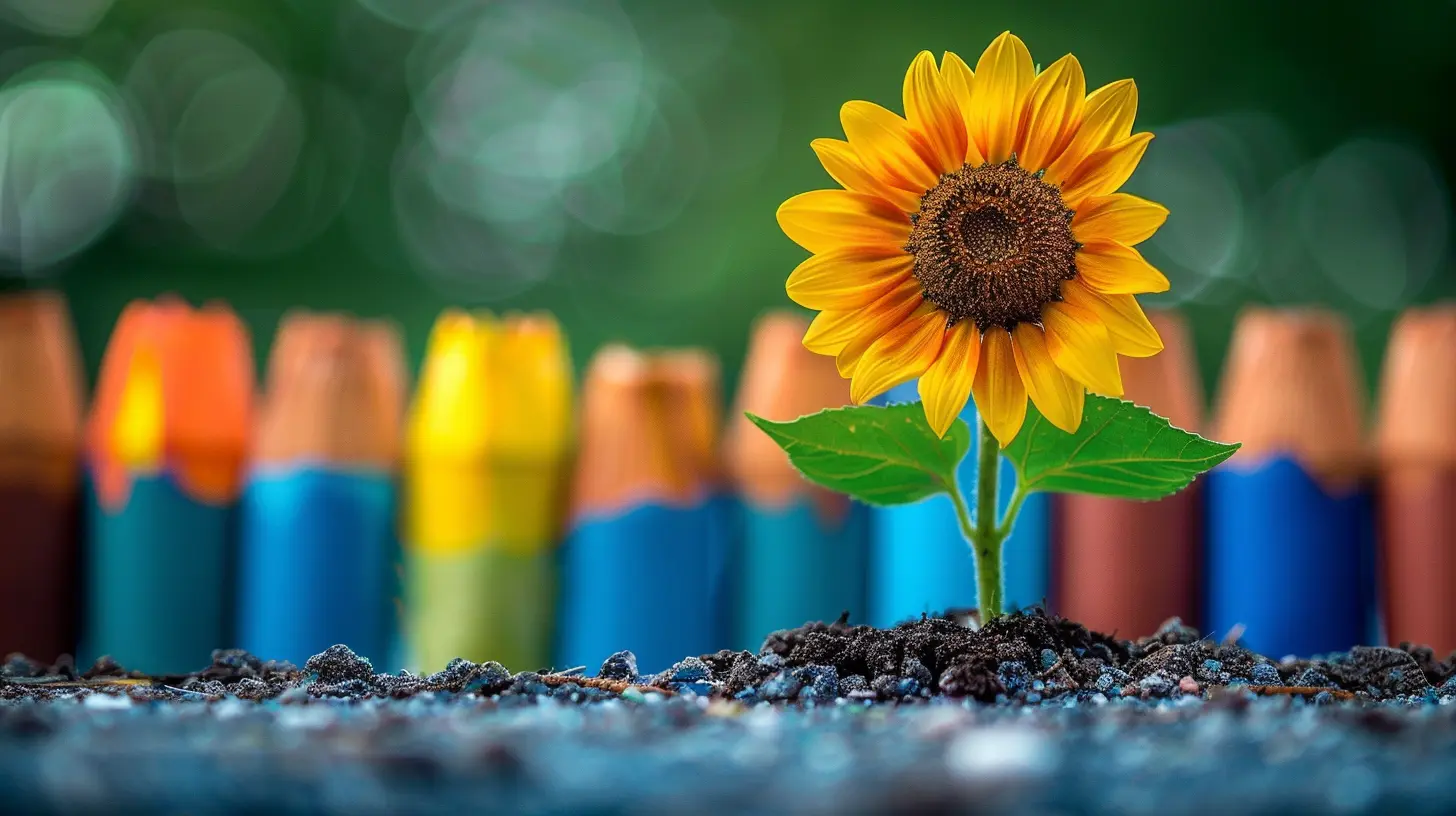
Why Montessori Graduates Excel in a Changing World
In today’s fast-changing world, creativity and critical thinking are more valuable than ever. Employers aren’t just looking for people who can follow instructions—they want innovators, problem solvers, and out-of-the-box thinkers.Montessori education lays the foundation for these skills from an early age. It nurtures children into confident, curious learners who aren't afraid to ask questions, challenge norms, and seek creative solutions.
Some of the world's most successful personalities—including Google founders Larry Page and Sergey Brin, Amazon’s Jeff Bezos, and chef Julia Child—were Montessori students. Is it a coincidence, or does the Montessori method truly set kids up for success? The evidence speaks for itself.
Is Montessori Right for Your Child?
If you’re looking for an educational approach that values creativity, independence, and critical thinking, Montessori might be the perfect fit. However, it’s not for everyone. Some children thrive in a structured, traditional setting, while others flourish in Montessori’s hands-on, self-directed environment.The best way to know? Visit a Montessori classroom, observe how children engage with learning, and see if it resonates with you and your child’s learning style.
Conclusion
Montessori education isn’t just another teaching method—it’s a philosophy that nurtures the innate curiosity of children and helps them grow into creative thinkers and analytical problem solvers.By allowing kids the freedom to explore, encouraging hands-on discovery, and fostering independent thought, Montessori creates an environment where creativity and critical thinking thrive. And in a world that constantly demands innovation, those are the very skills that can set a child up for lifelong success.
So, is Montessori the future of education? It just might be.




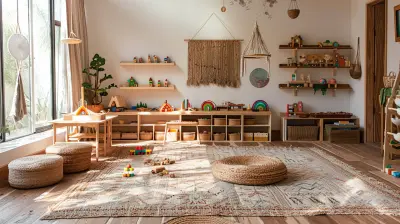


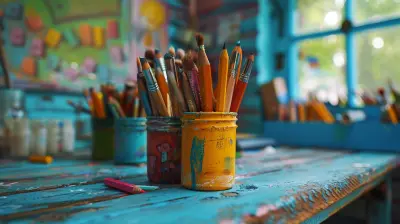

Erica Alvarez
How does this approach inspire innovation?
February 11, 2026 at 1:24 PM